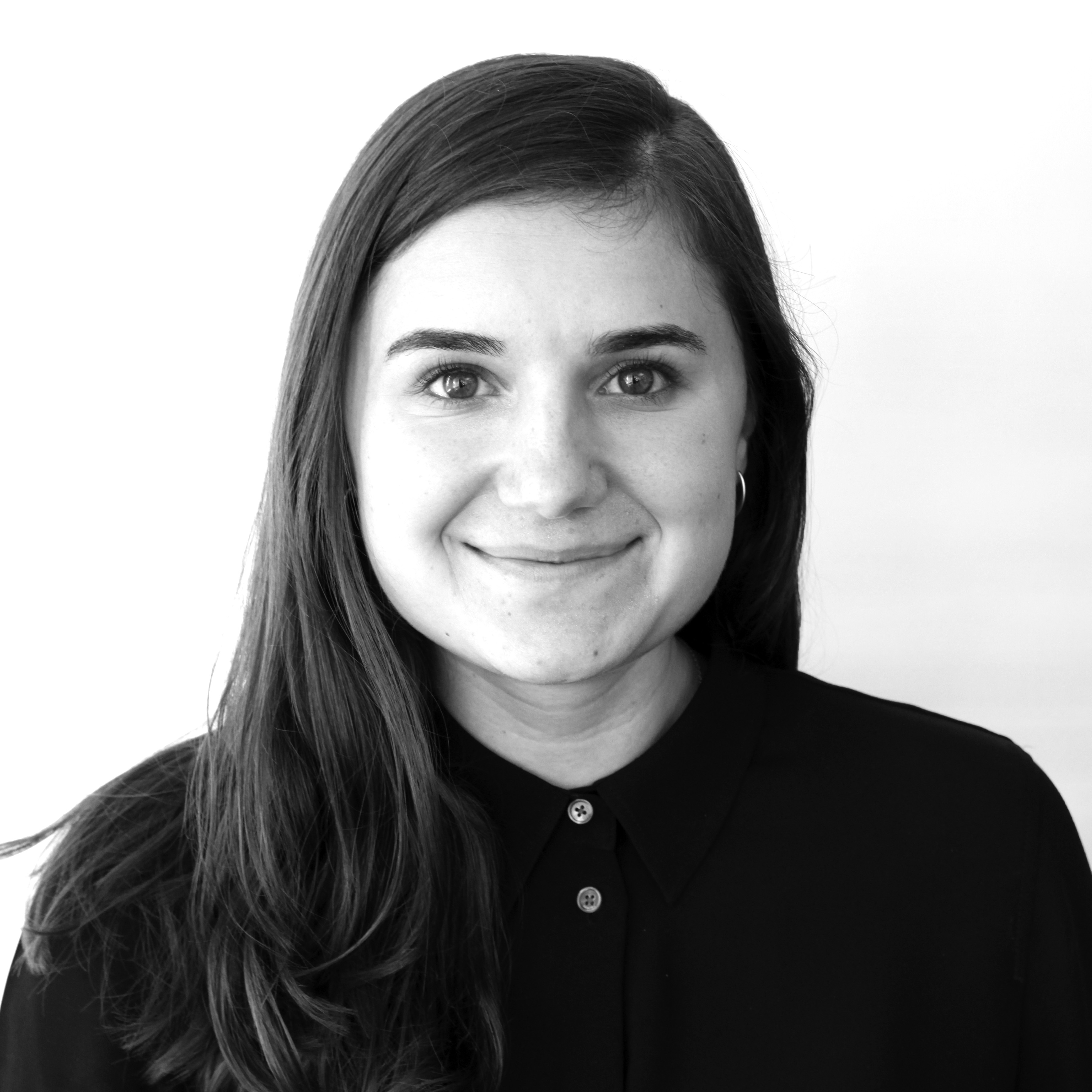My Dinner With Hervé, the new movie starring Peter Dinklage as Hervé Villechaize and Jamie Dornan as the surly journalist transcribing his story, is steeped in nostalgia. This isn’t only due to the film’s subject—Villechaize spends much of the movie wistfully reflecting on his stint in the spotlight—but also its tone, which is so utterly earnest, so un-self-consciously sappy that if it weren’t for Dinklage and Dornan, it would be easy to believe My Dinner With Hervé was made in 1999. (The movie ends, unironically, with the swelling notes of The Verve’s “Bitter Sweet Symphony.”)
Written and directed by Sacha Gervasi, the film, which hits HBO on Saturday, is inspired by Gervasi’s own bizarre encounters with Villechaize shortly before his death in 1993. As a tribute to the late French actor, who rose to fame as a James Bond villain and then a sidekick in the popular TV series Fantasy Island, Gervasi’s portrait is a success; Dinklage shines in his rascally take on Villechaize, both as a young man in Hollywood and as a washed-up 50-year-old eager to mythologize his long-gone glory days. The way Dinklage transforms his voice alone—flawlessly raised and rasped and French-accented—is enough fuel to keep the biopic rolling, even during its silliest spells.

The dopier bits invariably center on Danny Tate (Dornan, who has, of late, reached levels of corny no actor ever should), the Gervasi proxy whose magazine assignment to interview Hervé in Los Angeles provides the biopic’s framework and stakes. We open with Danny in England, waltzing into his office building to plead back a job that he apparently lost due to drunken dysfunction. “Miracles do happen,” he beams to his boss, flaunting an AA token for one month clean. Dubious but willing to give him a chance, the editor sends Danny to Los Angeles to interview Gore Vidal—and, while he’s out there, to pick up a 500-word comic quickie on Hervé as well.
From the start, Hervé is quite a character, witty and intriguing even at his most exasperating. Claiming to have an unbeatable story for Danny, Hervé tries to convince him to stick around, but Danny isn’t having it; he’s too focused on nailing his Vidal piece to care. Still, as contrived movie logic would have it, Danny begrudgingly joins Hervé for a night on the town, Hervé dispensing stories of his upbringing and Hollywood anecdotes as they lounge in the back of his white limo.
Hervé’s stories trigger lengthy flashback sequences that, uninterrupted, would make for a perfectly innocuous biopic. Hervé is born to a disgusted mother and disappointed doctor father who attempts to cure Hervé’s dwarfism; when the experimental treatments don’t work, Hervé moves to the United States (“New York City is the only place I ever feel tall,” is one of his better aphorisms) and dedicates his life to becoming a star—a wild attempt, of course, to gain the pride and love he was denied as child.
Flashbacks are broken up by Danny and Hervé’s inchoate chemistry in the limo and various destinations around L.A., where the pair shares a teasing, mano a mano rapport. Both men are well aware of the other’s insecurities, and will, through each sequence, pick at them until their poking fun escalates to real jabs. The pattern grows rather tiring: Hervé tells part of his story; Danny listens with affection, then balks or mocks; they fight; they make up. Inevitably and ultimately, their oscillating relationship comes to a head—but not before the music swells (several times) and Hervé cuts deep into Danny’s soul.
Mawkish and unsophisticated, My Dinner With Hervé would probably be too trite to watch if it weren’t for Dinklage. But there’s also something rather lovable about its unabashed ’90s vibe, the way that you can practically see the perspiration forming on Dornan’s brow (and can imagine it on Gervasi’s) as they strain to create a work that, if Don LaFontaine were still alive, would feel right at home with his voiceover (“a drama of two outcasts… searching for meaning in a cruel world!”).
Maybe the movie’s unrepentant nostalgia is a good match for Villechaize, a man who lived out his later years in the shadow of his former. Crucially, we no longer live in a world where Villechaize would be reduced, by the movie biz and the press, to the laughable dwarf. Gervasi knows this, and as an ode to Hervé, he and Dinklage achieve something merited and memorable.






